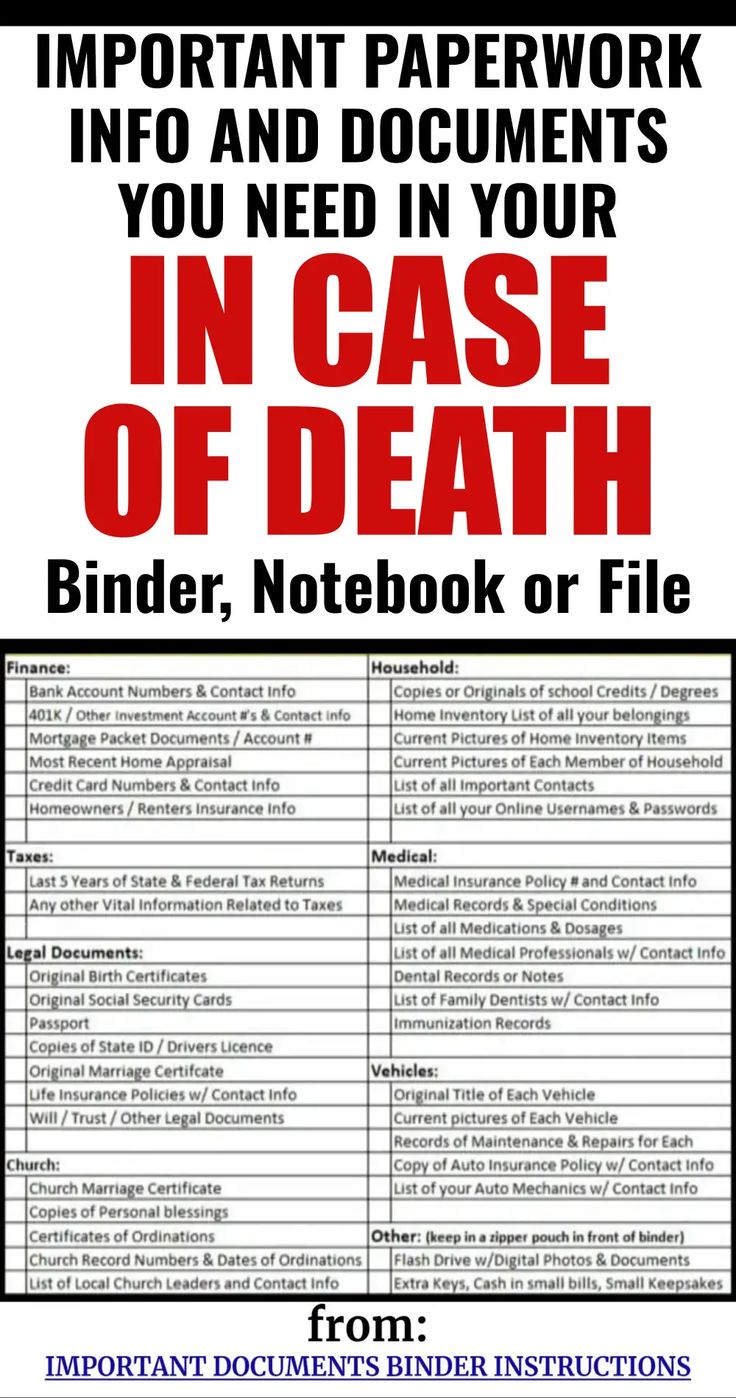Do You Need Paperwork for a Domestic Partnership?

Understanding Domestic Partnerships

A domestic partnership is a legal or relationship status that provides unmarried couples with several of the same rights and responsibilities as those granted to married couples. While the specifics can differ significantly from one jurisdiction to another, knowing the general framework around domestic partnerships is crucial for those considering this status.
- Legal Recognition: Some jurisdictions recognize domestic partnerships legally, offering benefits similar to those of marriage.
- Benefits: These can include health insurance coverage, inheritance rights, tax benefits, and more.
- Public and Private Sector Benefits: Some states, cities, or companies provide benefits for domestic partners, like health insurance, but the eligibility might vary.

Do You Need Paperwork?

The paperwork required for a domestic partnership largely depends on your location and the organization or entity from which you are seeking benefits. Here's what you need to know:
- Public Registration: In states where domestic partnership registration is available, you'll need:
- A form to apply for registration.
- Proof of identity.
- Residency proof in the jurisdiction.
- In some places, an affidavit stating you meet the criteria for a domestic partnership (e.g., age, single status, living together).
- Employer or Health Insurance: If you're seeking benefits from an employer or insurance company, you might need:
- A domestic partnership affidavit.
- Proof of cohabitation, like utility bills or a lease agreement.
- Possibly proof of financial interdependence, such as shared bank accounts or joint ownership of property.
| Location | Registration Requirement | Employer Benefits |
|---|---|---|
| California | Yes, for statewide and certain city benefits | Some employers offer domestic partner benefits |
| New York | Yes, for benefits in NYC | Many offer domestic partner benefits |
| Texas | No state registration | Few employers offer benefits |

Note that this table is a general overview and requirements can vary or change:
📝 Note: Always check with your local government or your employer for the most up-to-date and specific requirements.
How to Register a Domestic Partnership

Registering a domestic partnership, where available, typically involves the following steps:
- Check Eligibility: Confirm that both you and your partner meet all criteria for a domestic partnership.
- Gather Documents: Collect necessary documents like IDs, proof of residency, etc.
- Complete Application Form: Fill out the registration form, which is usually available online or at the registrar's office.
- Submit Application: You may need to do this in person, by mail, or electronically. The exact process can vary.
- Fees and Notarization: There might be a fee, and some places require notarization of the affidavit.
- Confirmation: Once processed, you'll receive a certificate or registration confirmation.
Here are some important considerations:
📅 Note: Remember to check for any deadlines or validity periods for your domestic partnership registration.
Differences Between Domestic Partnerships and Marriage

While domestic partnerships share many similarities with marriage, there are key differences:
- Federal Recognition: Marriage has federal recognition, whereas domestic partnerships do not, affecting rights like Social Security or tax benefits.
- State-by-State Variation: Domestic partnership benefits vary widely by state, unlike the more uniform marriage laws.
- Legal Obligations: The legal responsibilities can differ, particularly in divorce proceedings or property division.
FAQ Section

What rights does a domestic partnership grant?

+
Domestic partnerships can grant rights such as inheritance, hospital visitation, and some tax benefits, but the exact rights depend on your jurisdiction.
How do I dissolve a domestic partnership?

+
Dissolution of a domestic partnership typically involves filing a termination form with the registering authority or, if agreed upon by employers or insurance providers, following their specific procedures.
Can I register a domestic partnership if my partner and I are of the same sex?

+
Yes, domestic partnerships are often used by same-sex couples in areas where marriage equality is not recognized or to gain specific benefits.
The intricacies of domestic partnerships can be complex, with each jurisdiction, employer, or insurance provider having its own set of rules and requirements. The key takeaway is that while a domestic partnership can offer a legal status akin to marriage, the benefits and obligations differ. Understanding what paperwork is needed and how to go about securing these benefits is paramount for couples wishing to formalize their relationship without marriage. As laws and attitudes evolve, keeping abreast of changes and consulting local resources is advised for anyone considering this path.



